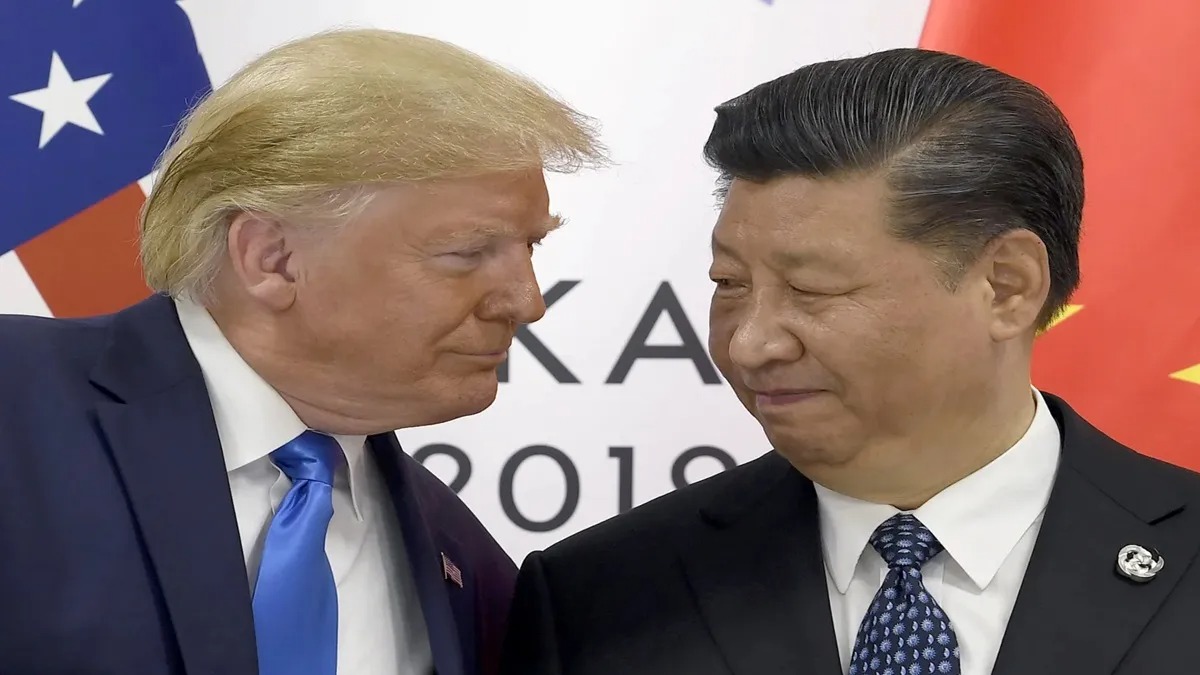
International : No other local infections had been detected through contact tracing. Thailand on Wednesday said the man confirmed as having mpox had transited in a Middle Eastern country, which he also did not name, before flying on to Thailand. Thailand has detected 800 cases of mpox Clade 2 since 2022, but had not detected a case of the Clade 1 or Clade 1b variants until now.
The clade 1b has triggered global concern due to the ease with which it spreads through routine close contact. A case of the variant was confirmed last week in Sweden and linked to a growing outbreak in Africa, the first sign of its spread outside the continent. The World Health Organisation (WHO) has declared the new Mpox outbreak a global health emergency.
What is Mpox?
Mpox, formerly known as monkeypox, is a viral disease that causes fevers, headaches, and muscle aches, as well as painful boils on the skin. It's spread from person to person through close, skin-to-skin contact. A severe strain of the mpox virus, previously causing panic in the Democratic Republic of Congo, is now spreading rapidly through Kenya and several other African nations, prompting serious concern among health authorities.
Mpox is caused by the mpox virus, which is part of the Orthopoxvirus genus, the same family as the smallpox virus. The virus is zoonotic, meaning it is transmitted from animals to humans. In Africa, it is primarily spread through contact with infected animals such as rodents and primates. Human-to-human transmission can also occur through close contact with infected individuals or contaminated materials.
There have been around 27,000 cases and more than 1,100 deaths, mainly among children, in Congo since the current outbreak began in January 2023. The virus has also spread to other countries like Pakistan and Sweden, intensifying fears that the world may see a repeat of the COVID-19 pandemic that engulfed the world in 2020 and halted global business.
Is it like COVID-19?
Despite the ongoing fears, a WHO official stressed on Tuesday that mpox, regardless of whether it is the new or old strain, is not the new COVID, as authorities know how to control its spread. "We can and must tackle mpox together," said Hans Kluge, WHO regional director for Europe, in a UN media briefing.
"So will we choose to put the systems in place to control and eliminate mpox globally? Or we will enter another cycle of panic and neglect? How we respond now and in the years to come will prove a critical test for Europe and the world," he added. About 100 new cases of the clade 2 mpox strain are now being reported in the European region every month, Kluge added.
--Advertisement--

 Desk
Desk Share
Share






